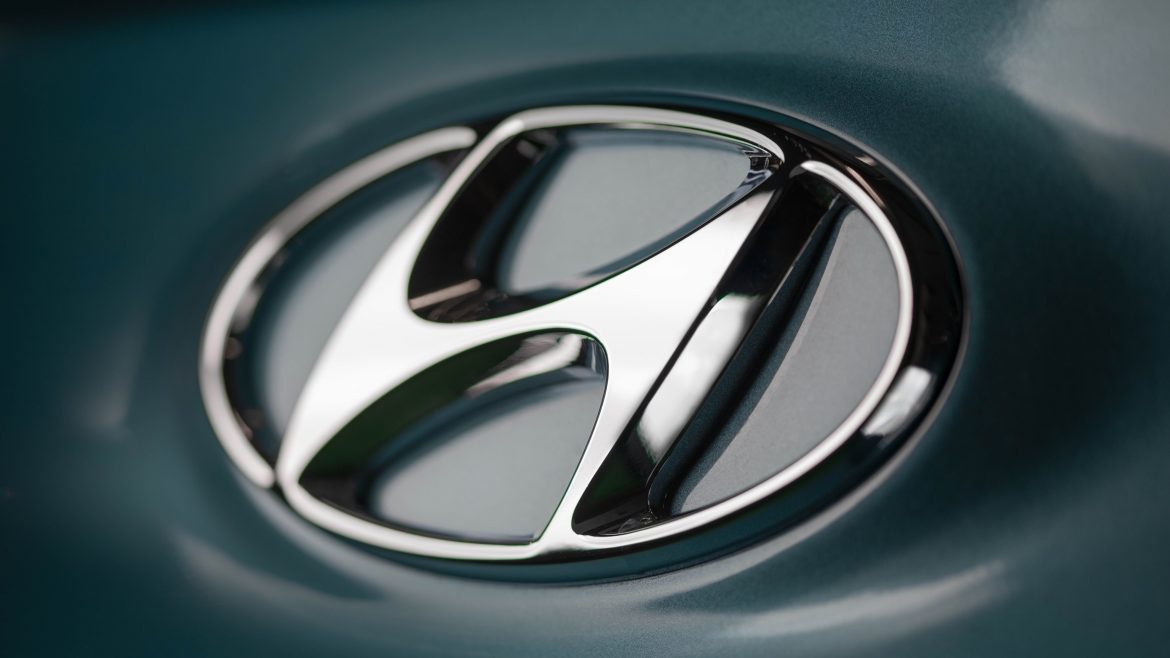Hyundai Motor will halt operations at its two parts forging plants in South Korea next year as the automaker accelerates its shift away from combustion-engine cars. The plants in Ulsan, South Korea, which have been in operation since 1991 for making engine parts, are expected to be closed in January and October, respectively. The automaker, along with its affiliate Kia Corp is gradually reducing the proportion of internal combustion engines in its finished cars as its starts weighing in on battery-powered cars.
The automaker is, in fact, reviewing outsourcing some of the engine components manufacturing done at the facilities for the time being, a company spokesperson told Reuters.
In November, Hyundai started laying the foundation for a 2 trillion won plant dedicated to making electric vehicles (EVs) in South Korea. The company plans to begin mass production from the plant in the first quarter of 2026 while the construction of the plant is expected to end in 2025. The factory in Ulsan will have an annual capacity of 200,000 units and the company said its first model will be an electric sport utility vehicle (SUV) from its luxury brand Genesis.
Hyundai Motor Group’s EV strategy includes launch of 31 models by 2030, encompassing Hyundai Motor, Kia and Genesis brands. While many rivals have pulled back on EV production plans due to cooling demand, the South Korean automaker has said that it would stick to its EV rollout plans in contrast to them. In alignment to this vision, the company broke ground on a USD 5.54 billion EV and battery plant in the US state of Georgia.
Hyundai’s Ulsan complex is its biggest manufacturing site, with its own port and an annual production capacity of 1.4 million vehicles, including exports of 1.1 million units. “I trust Ulsan will be an innovative mobility city that leads the way in the era of electrification,” Hyundai Motor Group’s Executive Chair Euisun Chung said last month at the groundbreaking ceremony for the plant, the automaker’s first new factory in South Korea in 29 years.



